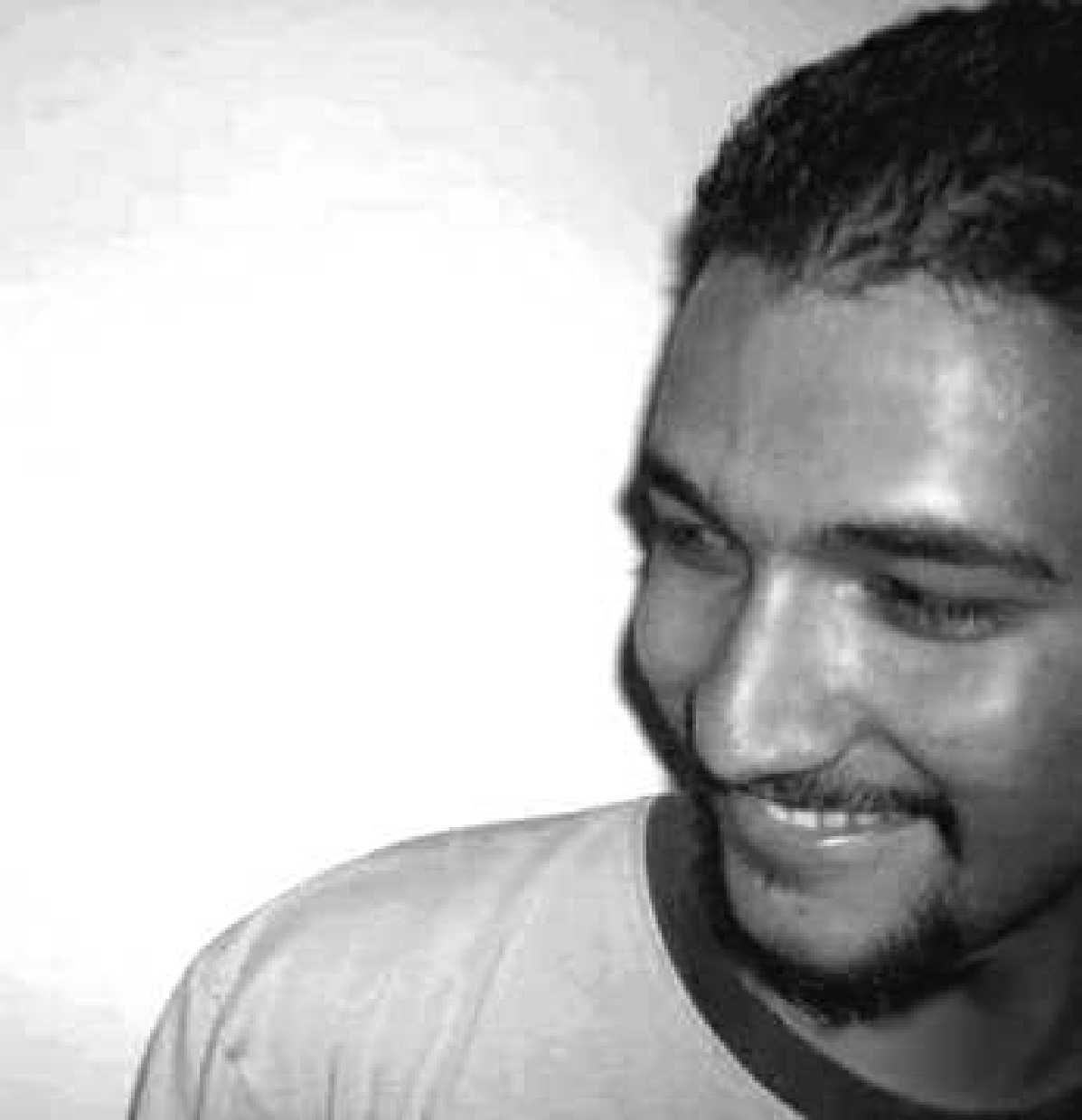 Towards Super-Equality? / Part III Towards Super-Equality? / Part III
Here we are again and now it is time to end the Super-Equality trilogy I started at the
end of the last semester.
After showing how modern science leads to the loss of a human-centric approach*
(with reference to Francis Fukuyama), let me ask you a cliché question in order to take
things one step further:
What is life? To be more precise, what do we mean when we say something is alive?
According to the Cambridge Advanced Dictionary, alive means "living; having life; not
dead." Life? "the period between birth and death; the experience or state of
being alive." Birth? "The time when a baby comes out of its mother's body."
And death? "The end of life."
All these definitions create a vicious circle. When you ask why we think bacteria is a
living thing, the dictionary says that either because it is between its birth and death,
or because it is in the state of being alive. The former is impossible for bacteria,
because bacteria do not experience birth! So we are left with the phrase "the state
of being alive," but this is meaningless. Here is why:
a) Bacteria are alive because they have life. They have life because they
are in the state of being alive. They are in the state of being alive because they have
life
b) Or bacteria are alive because they are not dead. They are not dead
because their life has not ended yet. Which means they are not dead
Perfect circles
No matter which dictionary you look at, concepts such as life, death, birth, etc. will
form a closed set and you will not find a logical basis to distinguish between living and
non-living.
In a speech he has given, famous novelist and technology writer Douglas Adams questions
the concept of life and points to a parallelism between handwriting recognition and
defining life:
When you're trying to understand if a letter is an A or a B, you ask what the
person intended to write. If he/she has no intention, you cannot decipher it. If there is
no intention in the existence of bacteria, you lose the meaning of labeling. "In the
absence of an intentional creator, you cannot say what life is. Without a god, life is
only a matter of opinion."**
Last week, I claimed that if we have a completely scientific approach, it is irrational to
kill bacteria in order to save a person. But once the line between living and non-living
diminishes, so does the limit of absurdity. And the danger of losing all bases for
morality appears.
Is there a way to hold on to morality without becoming mystical? I hope the answer is yes,
but that is beyond me. I have only tried to explore how the notion of equality becomes
absurd when one relies on it completely.
Enjoy your week
* For an example of a more or less non-human-centric approach, see
"A Thousand Years of Non-Linear History" by Manuel de Landa. Translated into
Turkish by Metis Yayınları under the title "Çizgisel Olmayan Tarih: Bin Yılın
Öyküsü."
** For the full text of Douglas Adams' speech "Is There An
Artificial God?" see http://www.biota.org/people/douglasadams
İsmail O. Postalcıoğlu
(POLS/IV)
ismail_orhan@yahoo.com
 |







